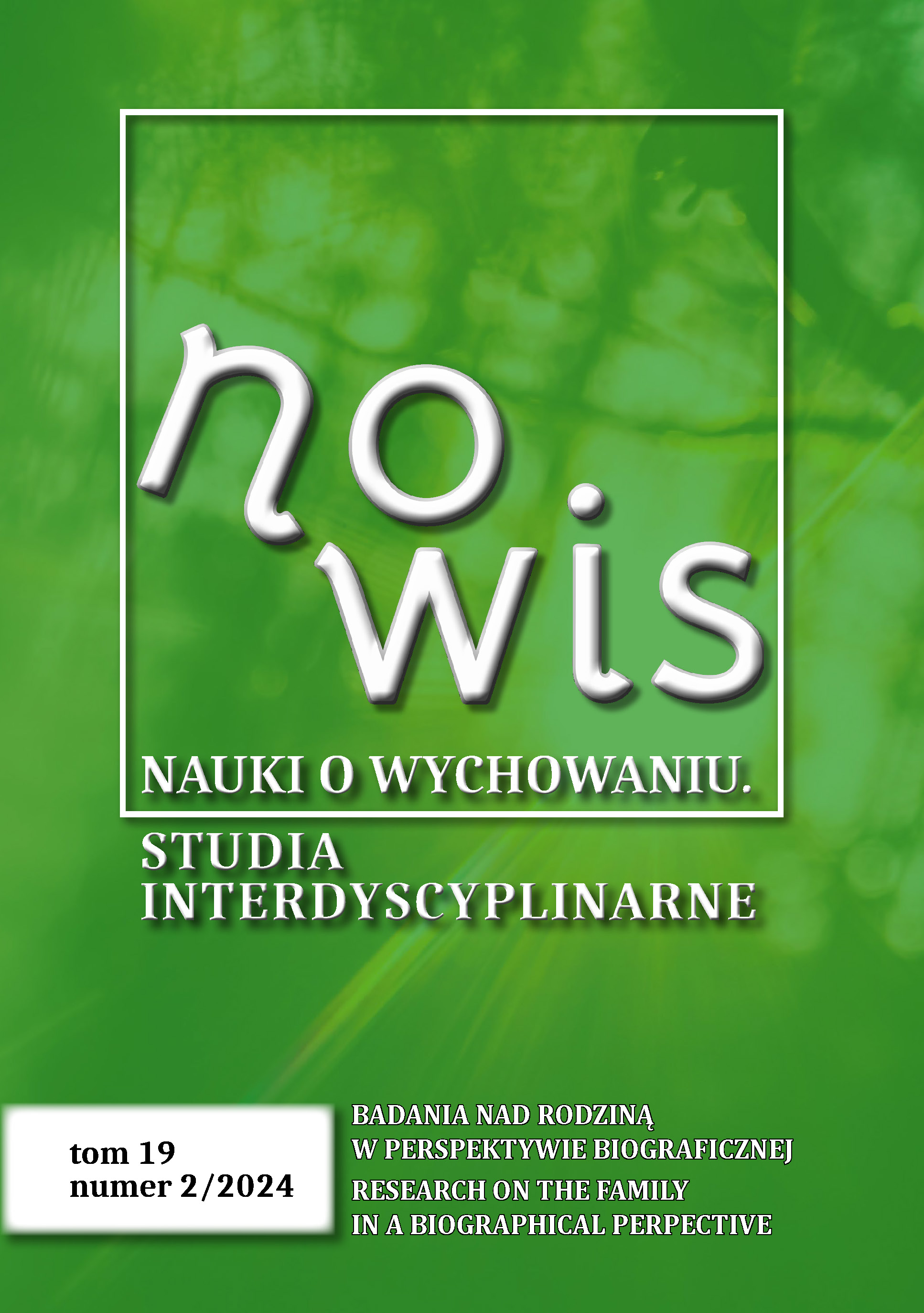Transgenerational Transmission or the Family’s Intangible Legacy
Transgenerational Transmission or the Family’s Intangible Legacy
Author(s): Andrzej ŁadyżyńskiSubject(s): Anthropology, Family and social welfare
Published by: Wydawnictwo Uniwersytetu Łódzkiego
Keywords: transgenerational transmission;legacy;family;consequences of accepting and repeating family stories;dealing with transgenerational legacy
Summary/Abstract: The aim of this paper is to present transgenerational transmission as a form of a family “legacy” that is passed down and received by every member of a family community. Such transmission usually involves crucial guidance on the ways in which people live their lives, formative for all those who are related by blood. The very concept of transmission reflects a whole range of related terms, such as: heritage, cultural transmission, transgenerational heritage, delegation or script. Transmission happens through conscious and unconscious acceptance of values, patterns, norms, principles and motives by subsequent generations. It takes place within families through stories, myths, recurrent sayings and “old truths” cultivated in the family. A key question arises: what can family members do with transgenerational transmission. They may have accepted and lived by it quite unaware, or have reflected or been curious about it, they may research and discover resources and limitations provided by such legacy. To an extent, it may be done on one’s own. Often, it proves more successful when supported by another person who acts as an “external mirror,” a family counsellor or a therapist. The aim of analyzing such transmissions is not to learn about the family’s past. Discovering transmissions allows people to better understand the main premises of how their family functions. Understanding such a dedicated “legacy” allows people to stop destructive transmissions. It seems to be particularly important for members of families who have become stuck in their development, who fail to use generative solutions. Understanding such a legacy may allow people to avoid inappropriate solutions that are “out of sync” with their contemporary situation, and prevent them from repeating the same mistakes across different generations.
Journal: Nauki o Wychowaniu. Studia Interdyscyplinarne
- Issue Year: 19/2024
- Issue No: 2
- Page Range: 19-32
- Page Count: 14
- Language: English

